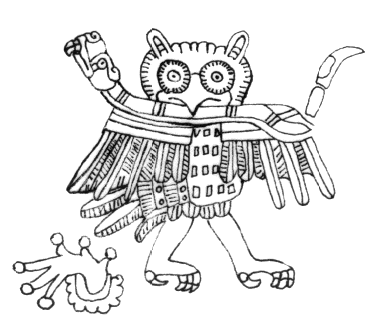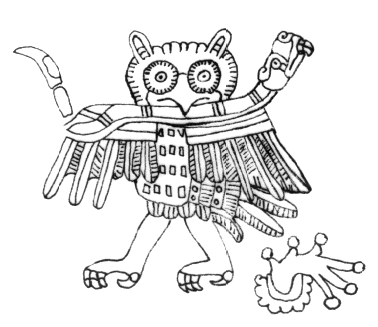Praise for publication of Ethical Cites, 2021
Praise for publication of Ethical Cites, 2021
Thank you Professor Dodson for chairing this event.
I am Professor Mitsuho Ikeda, Director of the Center for the Study of Co-Design at Osaka University.
It is a real
pleasure to be able to join this virtual book launch today. In
particular, I am delighted to have the opportunity to co-host this
event with the Royal Melbourne Institute Technology, RMIT Center for
Urban Research led by Professor Dodson.
Over the past
three years, since Brendan joined our Center, we have collaborated with
RMIT in a number of ways. and Professor Larissa Hjorth is a visiting
professor at our center.
The Center for the
Study of Co-Design, CSCD, was established in July 2016 and although our
goal is mainly to develop innovative educational programs, we are
required to address the many challenges facing our world today.
As such, we do a
lot of work at the community level. You may know that Japanese local
communities, particularly those outside of the big cities, are
confronted by falling birthrates, ageing populations, depopulation
through out-migration and economic decline. In response, we need to
find new ways to revitalize these communities, and sometimes this may
come down to ethical conversations about what is the right course of
action.
I am a cultural
anthropologist and ethnographer, with a specific focus on political
economy of health and indigenous social movements. I have worked
extensively in research fields in various areas of Central America.
As you can
imagine, both ethical and respectful approaches are critically
important. Indeed, I have organized educational workshops on research
ethics for students and faculty at Osaka University.
Ethics is becoming
an increasingly visible component in the research activities. For
example, last year we established a new Research Center on Ethical
Issues. The primary concern of this new center is how to effectively
evaluate the ethical, legal and social implications of new and emerging
technologies. These kinds of assessments will become increasingly
important, especially in the area of biotechnology and information
sciences.
Anyway, after reading the book entitled, Ethical Cities, I also appreciate that we need to go after a broader ethical framework for our communities, cities and society as a whole.
Interestingly, the authors don’t talk about some kind of utopian end point for cities, but rather imply that we should think in terms of an ethical trajectory or orientation. I am very impressed with the authors' both moral and practical idealistics.
There is an
unavoidable degree of cultural relativism that will influence the
formation of ethical cities. Generally speaking, each local ethics has
dynamic entities that never stay in same locus in world geopolitical
time & space.
I appreciate that the goal is not
the pursuit of a perfect ethical city. But employing an ethical
perspective is important in influencing how we see the world and our
place in it. We now confirm that our authors avoid being too
prescriptive but rather share with us examples of what cities are
already doing.
As I have already
said, I am not an urban expert and as such I look forward to hearing
the views of the participants and their ideas on the relevance and
potential of an idea like the ethical city.
Thank you and I look forward to your contributions.
Credit; Praise for
publication of Ethical Cites, 2021, by Mitzu IKEDA, CSCD, Osaka Univ.,
29 March,2021(online workshop)
リンク
文献
その他の情報
Do not copy and paste, but you might [re]think this message for all undergraduate students!!!


